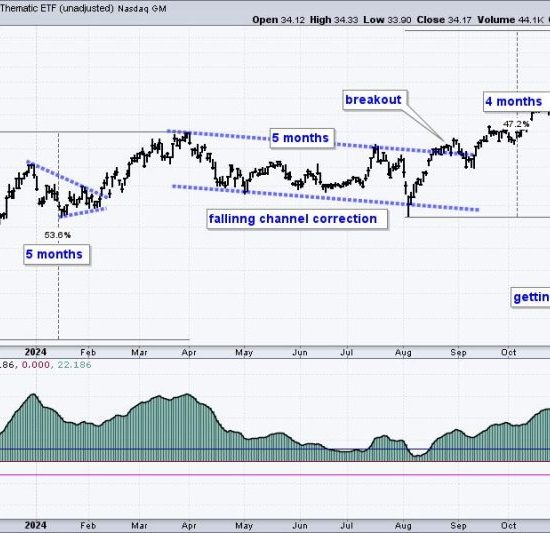The stock market is a financial weather vane, always keen to respond to shifts in the economic climate. Recently, we’ve seen a surge in global stocks coupled with a stark increase in energy prices. Simultaneously, there has been a marked escalation in geopolitical tensions. Is there a causal link between these phenomena, or are they mere coincidences?
Geopolitical tensions have a historical track record of causing investor panic, leading to high levels of market volatility. These geopolitical disturbances can range from trade wars, electoral turbulence, territorial disputes, or escalating conflict between nations. Conventional wisdom suggests these tensions should cause a downturn in the stock market. However, in the current global scenario, stocks are soaring. How can this paradox be explained?
A detailed look at the sectors driving this surge in stocks might offer some clarity. Predominantly, technology companies have demonstrated remarkable resilience in the face of geopolitical adversity. This resilience can be attributed to an increased dependency on technology wreaked by the global pandemic, pushing tech stocks to soar amidst the general uncertainty.
On the other hand, energy markets are inherently more sensitive to geopolitical shifts due to their direct correlation with global politics and environmental policies. Energy resources, such as oil, gas, and coal, are unevenly distributed globally, often leading to significant price changes in response to geopolitical tensions. The recent spike in energy prices can be traced back to concerns over available supply, influenced by geopolitical turmoil in energy-rich regions.
Furthermore, there’s an indirect correlation between the energy market and the stock market. When energy prices increase, it often equates to higher operating costs for many businesses, which may decrease their overall profitability and negatively impact their share performance. However, energy companies that are part of the stock market may experience an increase in their share value due to the high prices.
While geopolitical tensions have certainly added to market volatility, innovative financial tools and investor adaptability have facilitated a roaring trade. Investors have adopted a more cautious approach, focusing on sectors less likely to falter under geopolitical pressure, such as technology, healthcare, and renewable energy. This strategic allocation has helped maintain robust stock market performance even amidst rising energy prices and geopolitical uncertainty.
Central banks worldwide have also played a significant role in shielding stock markets from the fallout of geopolitical tensions. Interest rate policies and quantitative easing measures, implemented to counter the economic impact of critical incidents, have created favorable conditions for stocks to thrive. These macroeconomic factors have buffered the stock market and encouraged the surge despite the geopolitical climate.
The global pandemic has also altered the investment landscape significantly, making it pivotal to consider its concurrent effects alongside geopolitics. It has led to radical shifts in consumer behavior and governmental policies, changes that have spurred both the stock market upturn and the energy price escalation.
In sum, while geopolitical tensions certainly play a substantial role in influencing both stock and energy markets, it is just one piece of a convoluted jigsaw puzzle. A myriad of variables, from sectoral resilience, strategic investment decisions, central banks’ role, and pandemic-triggered behavioral shifts, all intertwine to create the current economic scenario. Therefore, while geopolitical tensions might share some blame, it is erroneous to paint them as the singular culprit.




